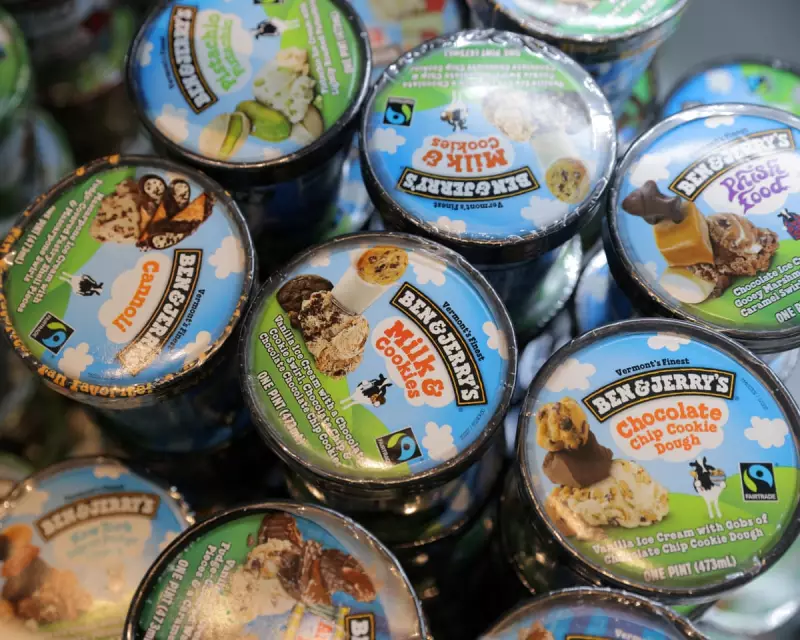
The iconic founders of Ben & Jerry's have launched a blistering attack on their parent company Unilever, accusing the consumer goods giant of betraying the ice cream brand's founding social values by excluding it from its forthcoming London listing.
In an exclusive interview, Ben Cohen and Jerry Greenfield told The Guardian that Unilever's controversial decision risks undermining the very ethical principles that made Ben & Jerry's a globally recognised name in socially conscious business.
'A Fundamental Betrayal of Our Legacy'
The confrontation centres on Unilever's planned separation of its ice cream division, which includes Ben & Jerry's alongside other brands like Wall's and Magnum. This division will be excluded when Unilever lists on the London Stock Exchange as a standalone entity focused solely on household products and beauty.
"This isn't just a corporate restructuring—it's a fundamental betrayal of everything we built," said Cohen, his disappointment palpable. "They're treating our social mission as disposable, just another asset to be carved off when it becomes inconvenient."
The Ethical Business Model Under Threat
Since its founding in 1978, Ben & Jerry's has pioneered a unique business model that champions progressive causes, from climate justice to racial equality. The company's famous "double bottom line" approach measures success not just through profit but through positive social impact.
Greenfield expressed grave concerns about this model surviving outside Unilever's structure: "The fear is that without the protection of a larger parent company, the new owners will inevitably prioritise short-term profits over long-term principles. They're dismantling the very architecture that made Ben & Jerry's special."
Unilever's Strategic Shift
Unilever's decision forms part of a major strategic overhaul under CEO Hein Schumacher, who aims to simplify the sprawling conglomerate and boost stagnant shareholder returns. The ice cream division, with its complex supply chain and seasonal sales patterns, no longer fits this streamlined vision.
However, the founders argue this corporate logic fundamentally misunderstands what made Ben & Jerry's valuable in the first place. "They're making a catastrophic error in judgement," Cohen stated. "The social mission isn't a nice-to-have—it's the engine of our brand loyalty and commercial success."
A Warning to Ethical Businesses Everywhere
The dramatic falling out serves as a cautionary tale for mission-driven companies considering acquisition by larger corporations. Despite Unilever's previous assurances about maintaining Ben & Jerry's unique ethos, the founders now believe those promises were empty.
"This should serve as a warning to any social enterprise considering selling to a giant corporation," Greenfield reflected. "No matter what they promise initially, your values will always be secondary to their shareholder returns."
As Unilever prepares for its London listing without its most socially conscious brand, the industry watches closely to see whether Ben & Jerry's can maintain its ethical commitments under new ownership—or whether this truly marks the end of an era for purposeful business.





